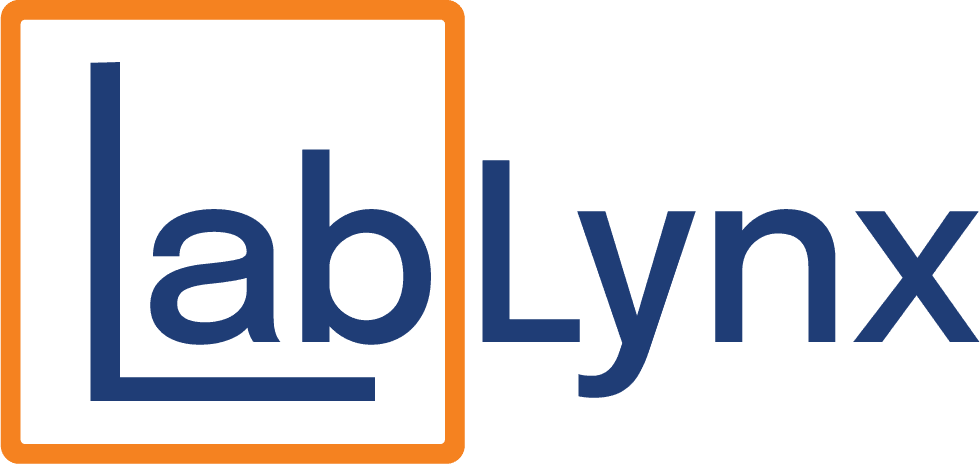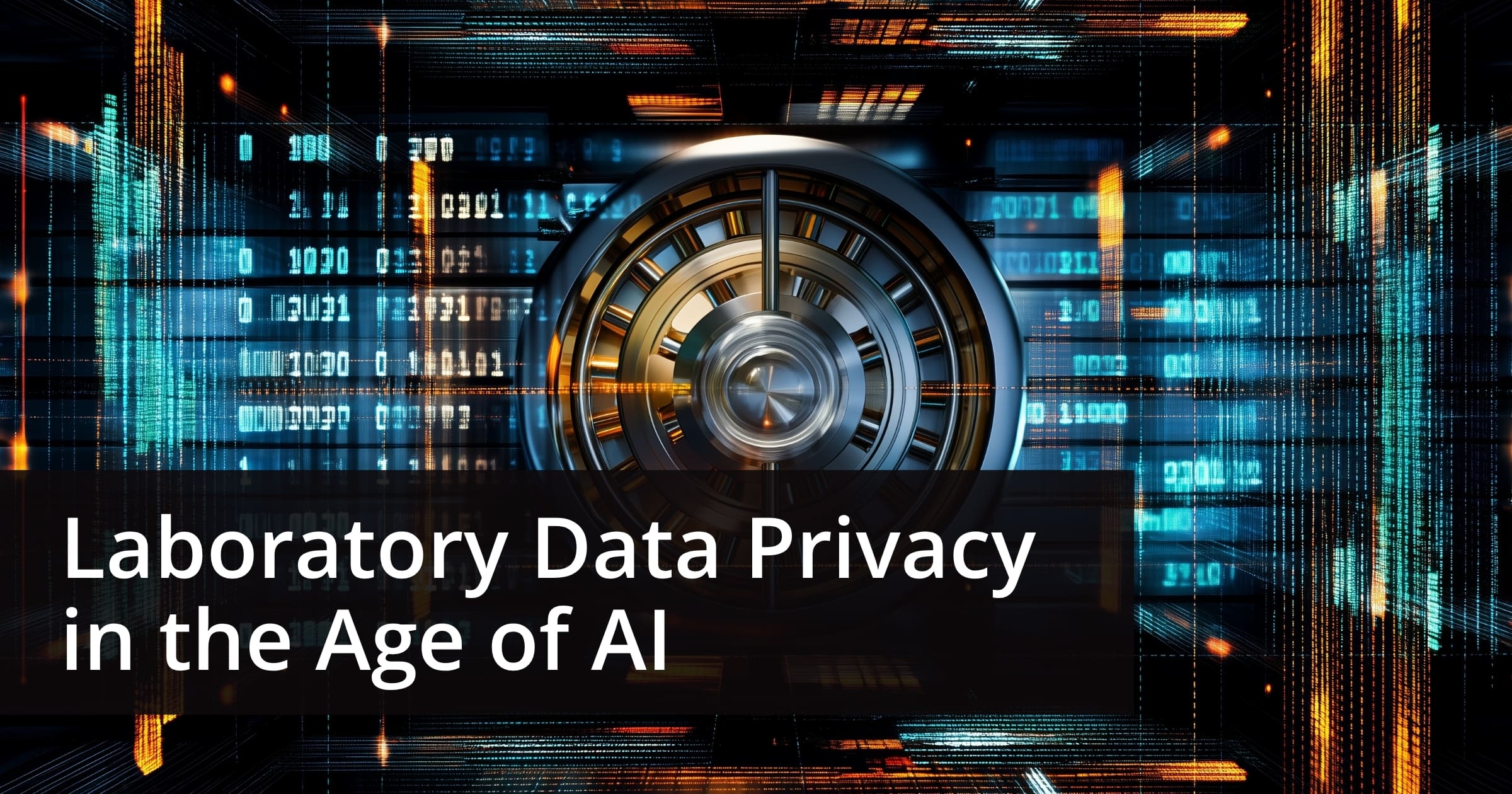
In today’s connected world, laboratories handle more sensitive information than ever before. Patient health records, proprietary research data, and regulatory compliance documentation all carry enormous responsibility. At LabLynx, we know that protecting laboratory data is protecting science—and we are dedicated to ensuring that our customers’ data remains safe, private, and accessible only to the right people. Our mission goes beyond meeting today’s requirements. We are constantly pushing the limits of innovation, building solutions that anticipate tomorrow’s risks and set the standard for laboratory data privacy.
What Is Laboratory Data Privacy?
Laboratory data privacy refers to the protocols, technologies, and compliance standards that safeguard sensitive information from unauthorized access, disclosure, alteration, or destruction. This spans patient data governed by HIPAA, research subject to institutional review boards (IRBs), and information regulated by global privacy laws such as GDPR, CCPA, and the emerging EU AI Act. Unlike general cybersecurity, laboratory data privacy emphasizes transparency, consent, and ethical stewardship—values that LabLynx builds into every solution we deliver.
Why Data Privacy Is a Rising Concern for Laboratories
Modern laboratories operate in an environment shaped by cloud platforms, remote collaboration, AI-driven analysis, and international data sharing. These advances bring enormous benefits but also new challenges. Key reasons why labs must remain vigilant include:
- Regulatory Complexity: Overlapping frameworks like HIPAA, GDPR, and 21 CFR Part 11 create intricate compliance requirements.
- Trust and Confidence: Breaches not only compromise compliance but also damage the relationships labs have with patients, clients, and partners.
- Data Integrity: Unauthorized access or alteration of data can undermine scientific validity and clinical decision-making.
- Cyber Threats: With ransomware and phishing attacks on the rise, healthcare and research data remain top targets.
These risks demand more than reactive measures. LabLynx is committed to staying ahead of these challenges by designing proactive, privacy-first solutions that evolve as the digital landscape changes.
AI and Data Privacy in Modern Laboratories
Artificial intelligence is revolutionizing lab operations, but it also introduces unique privacy considerations. AI systems process massive datasets that often include personal health information, genomic data, or proprietary research results. Without the right safeguards, these datasets can be exposed to risks ranging from bias and ethical misuse to novel cyberattacks like model inversion and data poisoning.
LabLynx closely monitors these developments, ensuring that our platforms not only protect against current threats but also address emerging AI-specific concerns. By building transparency, traceability, and anonymization capabilities into our systems, we help labs embrace the benefits of AI while maintaining the highest levels of privacy and compliance.
Common Risks to Laboratory Data Privacy
Even as technologies advance, familiar risks remain—and in many cases, are amplified by digital transformation. These include:
- Weak access controls and shared credentials
- Improper data retention or deletion policies
- Unsecured or poorly configured cloud environments
- Lack of anonymization in AI and big data workflows
- Human error due to limited training
- Third-party vendor risks with inadequate oversight
LabLynx works with laboratories to identify and eliminate these risks, creating safer workflows that keep privacy at the forefront.
Key Strategies for Strengthening Laboratory Data Privacy
1. Role-Based and Context-Aware Access
LabLynx systems enforce granular, role-based access and can incorporate contextual controls like device trust or geolocation. This ensures that sensitive data is only accessible to the right people, in the right way, at the right time.
2. End-to-End Encryption
Data is encrypted at rest, in transit, and during processing. We employ advanced encryption methods designed to protect sensitive data against both current and future threats.
3. Advanced Audit Trails
LabLynx provides immutable, automated audit logs that not only track activity but use AI-driven insights to flag anomalies and suspicious behavior early, ensuring faster responses.
4. Automated Retention and Deletion
Our solutions include configurable retention policies that align with global regulations. Automating secure deletion minimizes risk exposure and simplifies compliance reporting.
5. Comprehensive Privacy Training and Support
Technology alone is not enough. LabLynx partners with laboratories to provide guidance, training, and resources that strengthen data privacy practices across every team member’s role.
The Role of LIMS in Ensuring Laboratory Data Privacy
A Laboratory Information Management System (LIMS) is at the heart of secure laboratory operations. A LabLynx LIMS delivers:
- Granular, customizable access controls
- Immutable audit trails with AI-driven anomaly detection
- Encryption across all data flows
- Compliance-ready tools for HIPAA, GDPR, CCPA, and 21 CFR Part 11
- Support for electronic signatures, consent tracking, and regulatory audits
With LabLynx, laboratories don’t just react to compliance—they proactively stay ahead of evolving requirements with a platform designed for resilience and trust.
LabLynx: Ahead of the Curve in Data Privacy
LabLynx has made privacy a core principle since its founding. Our solutions are not only designed to meet today’s standards but to anticipate tomorrow’s challenges. From integrating AI monitoring into audit trails to preparing for upcoming regulations like the EU AI Act, we continually innovate so our customers remain protected, confident, and future-ready.
Schedule a demo to learn how LabLynx can secure your lab’s data and give your team peace of mind through technology that is built for trust.
Conclusion: Privacy as the Foundation of Trust
Laboratory data privacy is not simply a technical requirement—it is the foundation of scientific credibility and trust. At LabLynx, we are dedicated to ensuring that every customer’s data is safeguarded with the most advanced protections available today and the innovations of tomorrow. By choosing a privacy-first partner, laboratories can embrace AI, collaboration, and digital transformation without fear—confident that their data, their research, and their reputation are in the best hands.
Accelerate Your Lab's Success & Experience LabLynx
"*" indicates required fields
Explore the LabLynx Suites
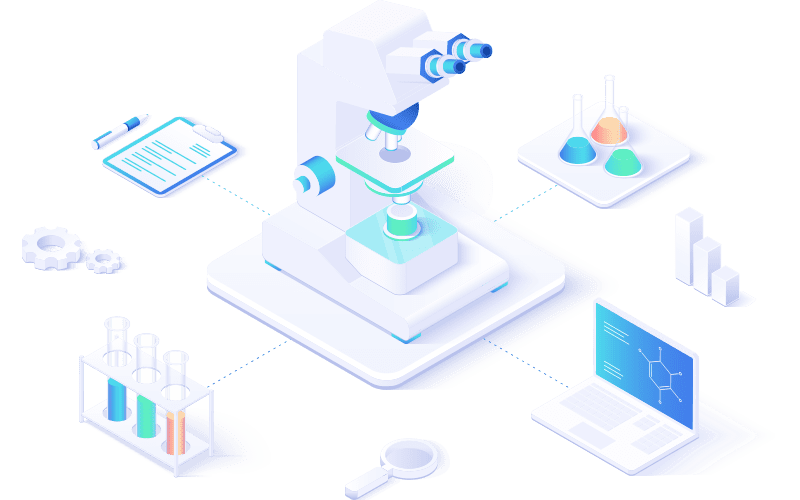
LIMS Suite
Seamless Sample and Workflow Management
The LabLynx LIMS Suite empowers laboratories with the tools needed to manage samples, workflows, compliance, and more in one centralized system. It’s the backbone for labs seeking efficient, reliable, and scalable management solutions.
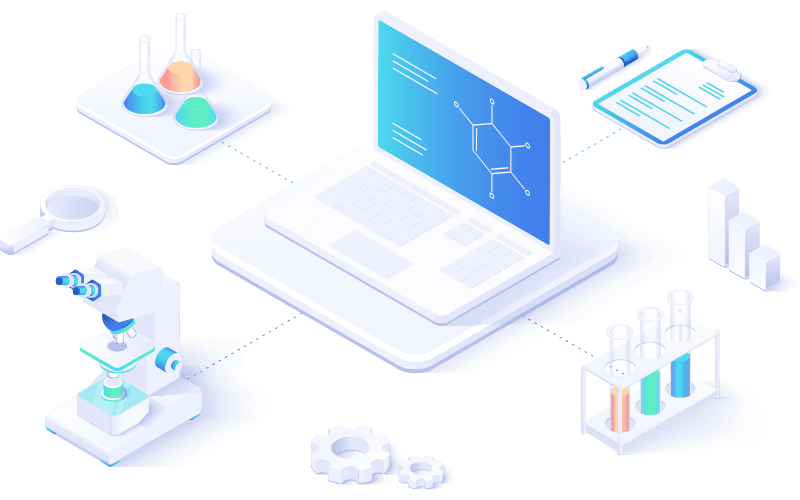
ELN Suite
The LabLynx ELN Suite offers a modern approach to managing lab data and experiments. With its secure, intuitive platform, your team can record, store, and collaborate effortlessly, supporting innovation every step of the way.
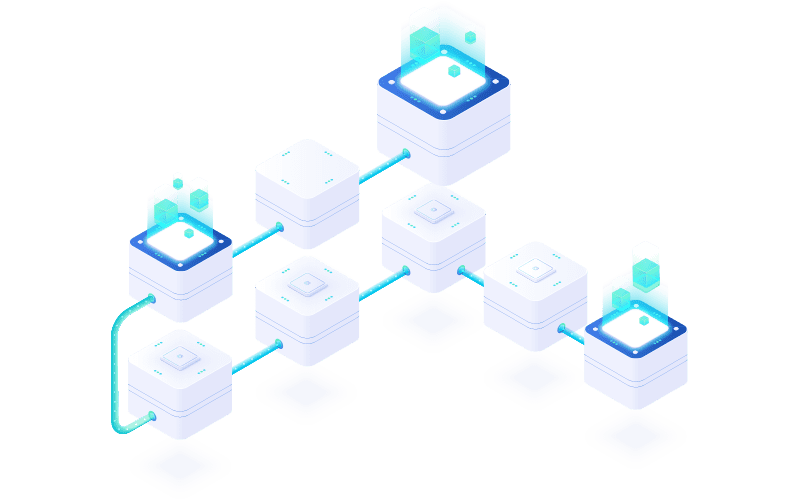
Lab Automation
Automate for Efficiency and Growth
Streamline operations and boost productivity with the LabLynx Lab Automation Suite. Designed for labs ready to embrace advanced automation, this suite integrates systems, instruments, and workflows to deliver efficiency at scale.
